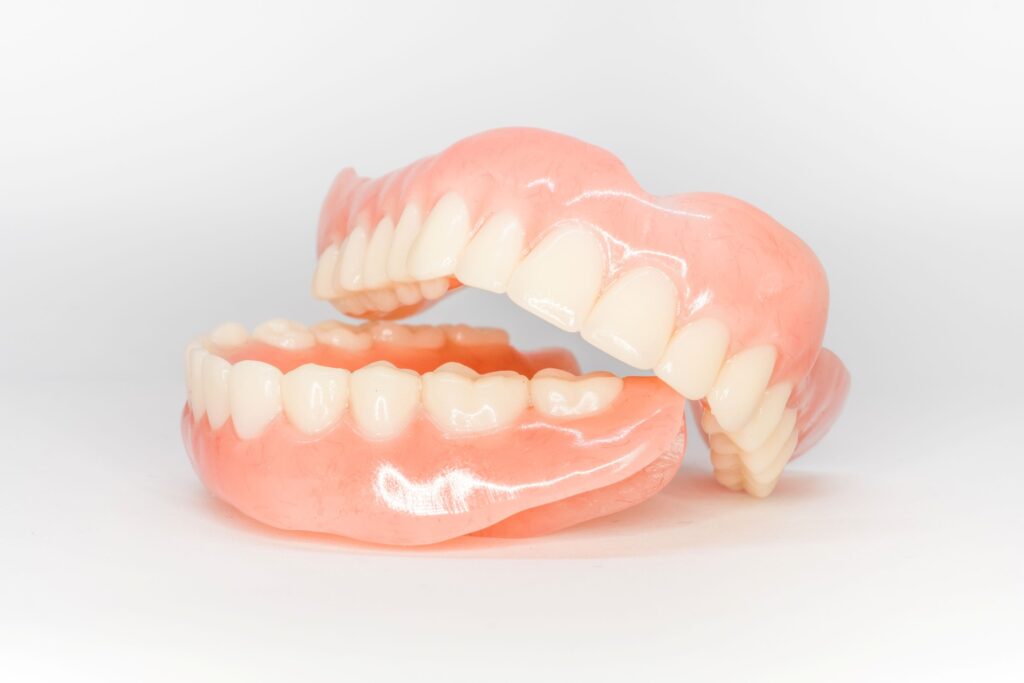
Dentures remain a popular way to replace missing teeth because they can restore an entire arch simultaneously. Once you receive your new teeth, you can eat, speak, and smile much more confidently. However, because your jawbone starts to thin after adult teeth fall out, eventually, your prosthetics that once fit like a glove can become loose or frequently dislodged.
Unfortunately, this is especially true for your lower dentures. Continue reading to learn about 3 reasons this happens and what you can do!
Cause #1: A Flat Ridge
Did you know that the roots of your teeth stimulate your jaw every time you bite down or chew? This stimulates new bone growth that keeps it active and healthy. Within the first year of losing a tooth, up to 25% of the surrounding bone mass can shrink.
Your dentures rely on firm bony structures under your gums as an anchor. Without enough protrusion, there’s nothing for them to press against to form the suction necessary to stay put. If it’s been several years since you began losing teeth, your jaw might already be too flat to support your restoration.
If this is the case, don’t lose hope! Sometimes, a bone graft can effectively bulk up your bone to support your prosthetics. Otherwise, you might ask your provider about implant dentures as a more permanent alternative.
Cause #2: Inappropriate Border Length
Did you know that the sides of your dentures are called the borders? These need to be just the right length for your prosthetics to form a tight enough seal against your gum tissues to remain put. If they’re too short or too long, you won’t be able to retain them in your mouth as easily.
Fortunately, your dentist can work with you to adjust or replace your restoration as needed until it fits like a glove once again. In the meantime, denture adhesives can help strengthen the bond against your gums.
Cause #3: Impatience
If you’re new to dentures, it can take some time for your tongue and other supporting muscles in your mouth to adjust to them. Not only must you learn how to hold them in your mouth, but you’ll also need to figure how to do so while actively eating and speaking. This is a completely new skill, so it’s natural for it to feel unfamiliar.
Give yourself some time and grace to work through the challenges you may be facing. If you find that your dentures slip out of place when you eat specific foods or form certain words, you can try practicing those until you feel more confident.
If you’re still unsure why your bottom dentures keep slipping, the next best step is to schedule an appointment with your dentist. They’ll examine the fit and suggest appropriate solutions based on their findings.
About the Author
Dr. Gary Nawrocki has 30+ years of experience helping people improve their lives by enhancing their oral health. He achieved his Doctorate in Dentistry from the University of Florida, and has since committed thousands of hours to continuing education. Now, he is a member of the American Dental Association and several other prestigious organizations, so you can trust that your smile is in good hands. He combines a caring approach with advanced dental technology to help you feel comfortable while increasing the accuracy of treatment results. If you’re worried about poorly fitting dentures, you can request an appointment on the website or call (321) 783-7514.
